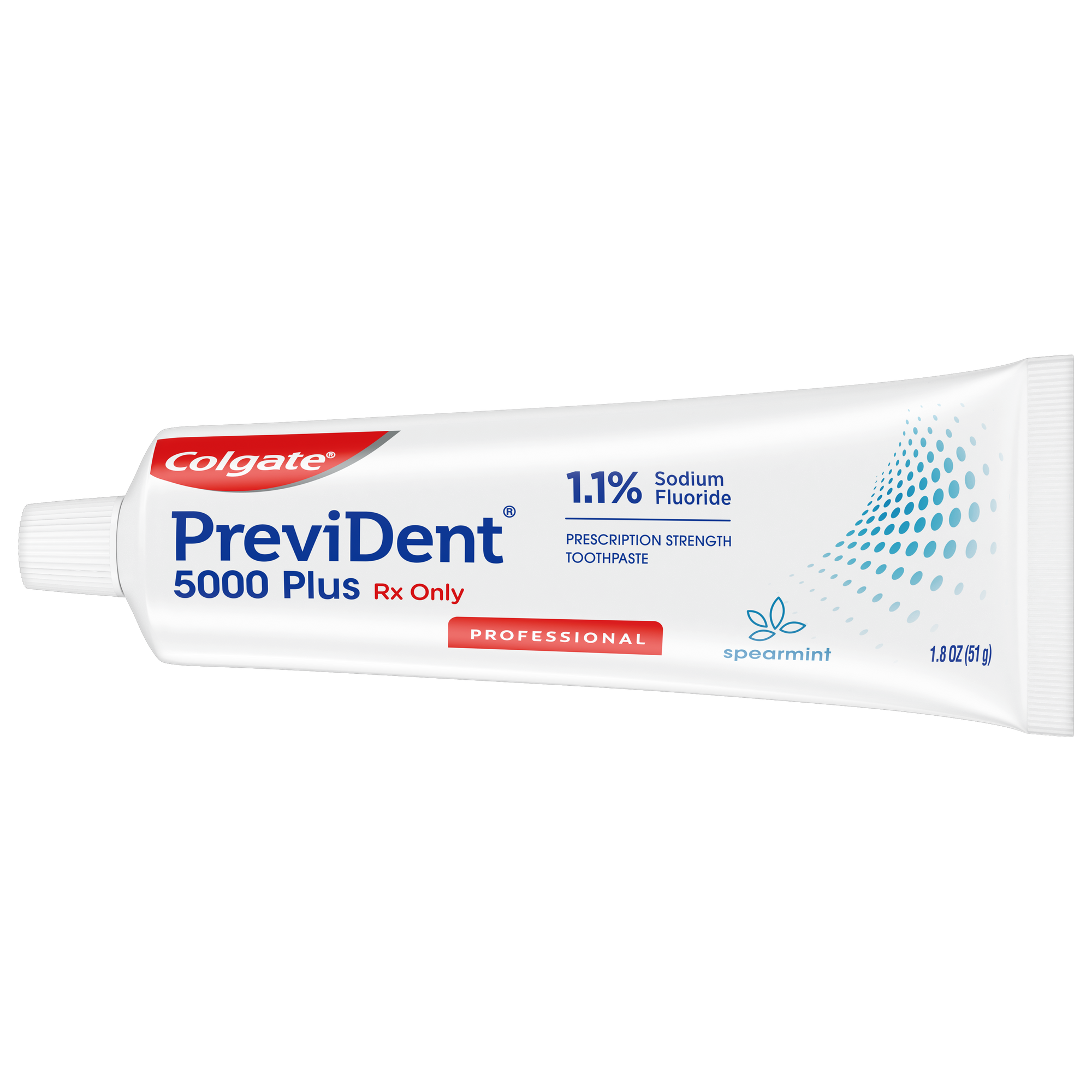Harmless Causes of Purple Tongue
Here are several harmless reasons for the tongue to have a purple discoloration.
- Bacteria
The oral cavity is home to many types of bacteria, some of which are called chromogenic bacteria. According to the International Medical College, these bacteria produce color and may occasionally lead to tongue discolorations — including a condition called black hairy tongue. Although this condition doesn't necessarily require treatment, your dentist is the best person to advise you on the next steps.
- Foods
Consuming certain foods and beverages, such as grape juice, blueberries, ice pops, colored cake icing and candies, may temporarily discolor the tongue.
Medications
According to Merck Manuals, some bismuth-containing drugs used to treat indigestion can temporarily cause a harmless, dark discoloration of the tongue. Using a tongue scraper and thoroughly cleaning your tongue can help remove the discoloration.
- Trauma
If you notice an ulcer on the surface of your tongue along with a reddish or purplish discoloration, you may have accidentally bitten your tongue or rubbed it against a device in your mouth, notes Merck Manuals.
Varicose Veins
Most people rarely look under their tongue, but this area, along with the sides of the tongue, can sometimes show underlying veins near the surface. According to an article in the Journal of Oral Health and Dental Management, varicose veins in your tongue may be related to aging, smoking and high blood pressure. This condition is typically asymptomatic and benign, but it should be diagnosed by a medical professional.
Other Possible Causes
While many causes of a purple tongue are harmless, other possibilities might require assessment and treatment by a medical professional.
Increased Platelet Count
As an article in the Journal of Traditional Chinese Medicine describes, a purple-bluish tongue may possibly be associated with an increased blood platelet count and a recurrence of epithelial ovarian cancer.
Low Oxygen
Cyanosis is a dark blue or purple discoloration of the skin caused by low oxygen levels, and it can appear on the tongue, as an article in Frontiers explains. It's a severe condition that requires immediate treatment with oxygen supplementation.
Osler-Weber-Rendu Disease
According to the Mayo Clinic, this inherited condition, also known as hereditary hemorrhagic telangiectasia, may cause reddish or purplish spots on the tongue.
Tumors
According to the Oral Cancer Foundation, some tumors, including cancers of the tongue, may produce a dark red or purple color on surfaces in the mouth.
Vitamin B2 Deficiency
According to a report from Oregon State University, low vitamin B2 levels, also called riboflavin deficiency, could cause dark discoloration or a magenta coloring of the tongue.
Treatment Options
Treatment for a purple tongue varies by the cause. If the discoloration is associated with food or medication, treatment is usually unnecessary, and simply cleaning the tongue can help. If the cause is associated with pain, trauma or a growth on the tongue, then your dentist would be the best person to help determine how to approach treatment. Additionally, if the problem doesn't resolve, then you may be referred to an oral surgeon or other medical specialist for evaluation.
Remember, the vast majority of purple tongue cases are caused by harmless circumstances that rarely require treatment. You can help keep your tongue and mouth healthy by cleaning your tongue, teeth and gums every day and seeing your dentist twice a year for checkups.
This article is intended to promote understanding of and knowledge about general oral health topics. It is not intended to be a substitute for professional advice, diagnosis or treatment. Always seek the advice of your dentist or other qualified healthcare provider with any questions you may have regarding a medical condition or treatment.
ORAL HEALTH QUIZ
What's behind your smile?
Take our Oral Health assessment to get the most from your oral care routine
ORAL HEALTH QUIZ
What's behind your smile?
Take our Oral Health assessment to get the most from your oral care routine















